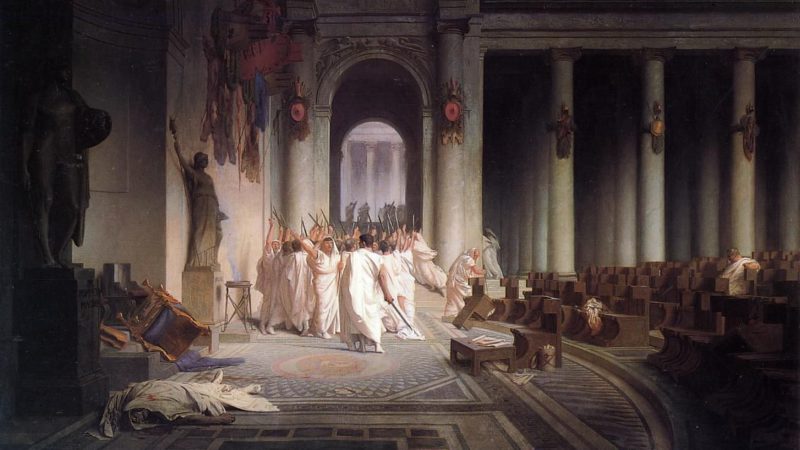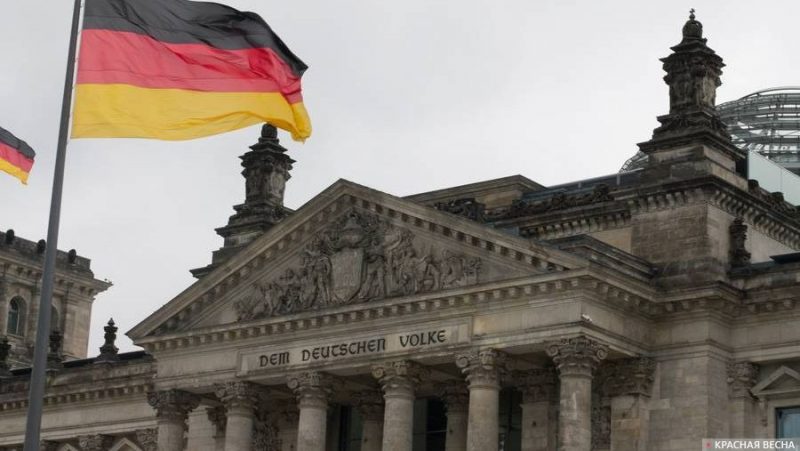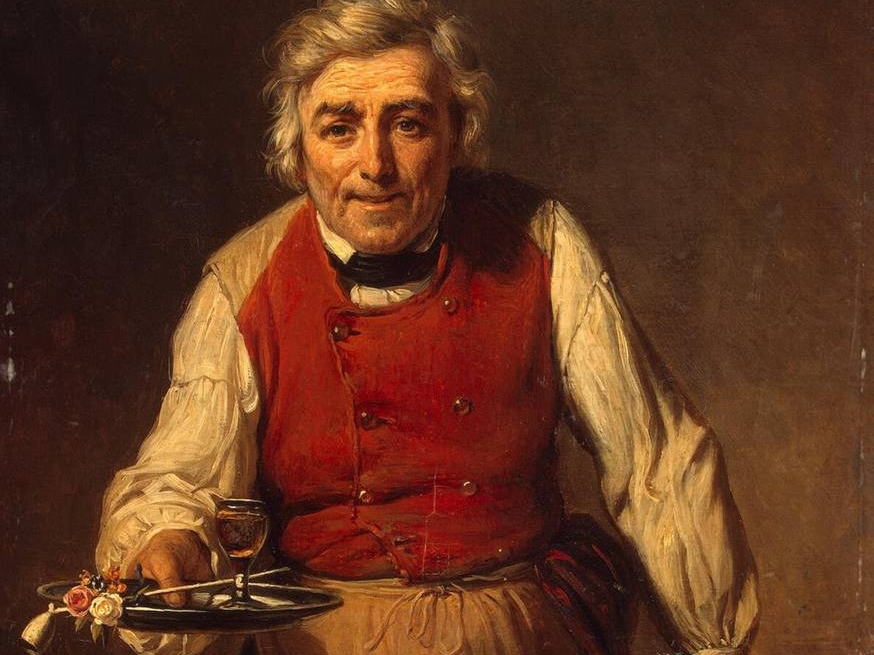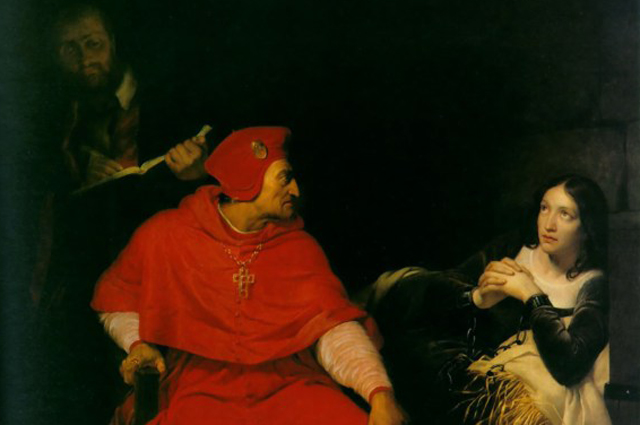03.12.2017, Germany.
An expert of British think tank Chatham House John Lough expressed hopes for a change of elites in Russia in the report named “Serebrennikov Case. Political background” on December 2, a Rossa Primavera News Agency correspondent in Germany reports.
During the Q&A session after the lecture, Lough expressed his opinion that at the moment “we’re all in the transition period, where Russia will have to make a decision about its policy in future: whether to continue today’s course and isolate itself”. According to the British expert, Russia keeping its current political course is a “threat to all” and it will lead to the impoverishment of Russian population.
At the same time, John Lough believes that investments in the military industry and defense will be too expensive, and Russia will have to change the course. Chatham House expert also expressed hope for the emergence of a new elite in Russia possessing “a different way of thinking” and “innovative ideas” and will begin “a new phase of modernization” in the country.
Chatham House (The Royal Institute of International Affairs) is a private think tank that was founded in 1920 in London by Lionel George Curtis. The Institute is focused mainly on the international relations. Its fields of interest are macro-regions and standalone important aspects of international relations, for instance, ecology and international security. Since its founding, Chatham House has had a significant impact on the political processes taking place in the West. Reports, researchers, as well as evaluations given to a particular event, phenomenon or process by Chatham House staff, often became the basis for political decision-making by Western politicians.
Editorial Comment
Speaking of the “new elite” with “other ways of thinking” and “innovative ideas” that “will change the political course” and begin “a new phase of modernization,” the British expert clearly refers to Perestroika, when such phrases as “new thinking”, “end of the Cold War” on the Western terms and “accelerating of the socio-economic development” were also spoken.
The new Perestroika is highly desirable both by the collective West, whose goal is to eliminate any serious Russian political influence, and by a part of the Russian elite, whose target is to merge with the Western world at any cost. That is why the idea of repeating Perestroika or launching a new Perestroika is often announced both by high-ranking representatives of the Western establishment and by a number of representatives of Russian elite.
Source: Rossa Primavera News Agency




